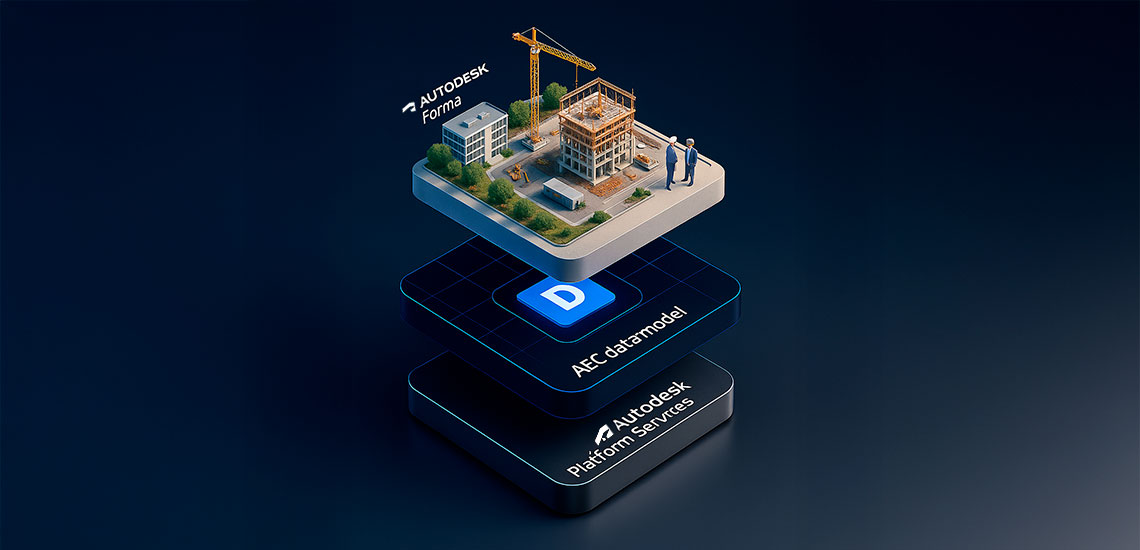One of the most increasingly demanded professions in the business world is project management. This discipline is responsible for the planning, design, execution and evaluation of business projects. Within the construction industry, the Project Manager is the person responsible for the complete development of the project. Being a construction project manager is a big challenge. Not only implies mastering the industry of construction, but also be good at performing site analyses, planning resource allocations, controlling project execution, and managing subcontractors, among others.
These are the main functions of a project manager:
- Know the customer’s needs and negotiate with him the requirements to be met, bearing in mind the needs and interests of the company.
- Plan and design the project. Define each of its parts, set the time required to meet deadlines and identify the necessary resources.
- Establish the project budget and ensure that spending does not exceed the budgeted amount.
- Coordination of work teams. This is one of the most complex and important tasks. The project manager must coordinate the work of all the teams involved in the project.
- Risk assessement. If there are risks in any project, in construction projects the risks seem to increase. Managers need to have a thorough understanding of the project to assess the real risks and establish the necessary measures to prevent them or minimize their consequences.
- Monitoring and control of the project. Project managers must be responsible for monitoring and controlling that the entire project is on schedule and intervene when necessary.
BIM for project managers
The main responsibility of a construction project manager is to bring together a heterogeneous group of professionals throughout the life cycle of a project. By bringing together this group of experts, project managers are able to integrate their knowledge in order to shape a project that meets the client’s requirements in terms of cost, quality, sustainability and time. Thus, the success of the project will depend largely on the project manager´s effectiveness when integrating these workflows.
As we know, Building Information Modeling methodology has had an increasing growth during the last years. This is happening mainly due to its capabilities on construction projects. BIM can create a common language between all parties in a project and make them an integrated team. The role of BIM as a coordinator of project system is quite similar to the duties of a project manager. The project manager must know BIM methodology not only to build models, but also to use it in the most strategic possible way in their projects, identifying which aspects are worth developing in BIM and which are not.
The decision to use BIM and the scope of its use needs to be determined in the project planning phase, as well as the identification of advantages and challenges to be overcome. It is important to note that the project manager does not necessarily have to apply BIM in all of his responsibilities, but all of those responsibilities can be influenced by BIM. Thus, it is necessary to differentiate between the responsibilities purely linked to project management and those that can be influenced by BIM. In this way, we will be able to detect those activities that can be conditioned by the methodology.
Project managers must be aware of the implications of BIM in each of the project phases. It is the only way to successfully plan the project at the BIM level. With the right use of BIM, they will be able to detect risks, resolve issues and integrate the workflows involved in the course of the construction project.









